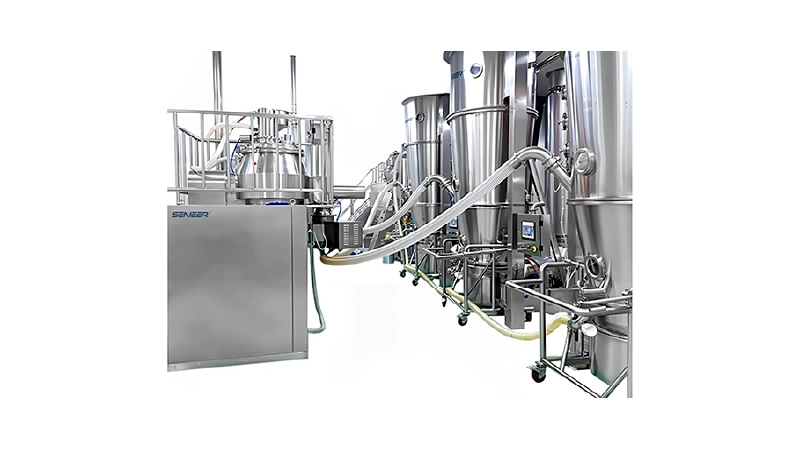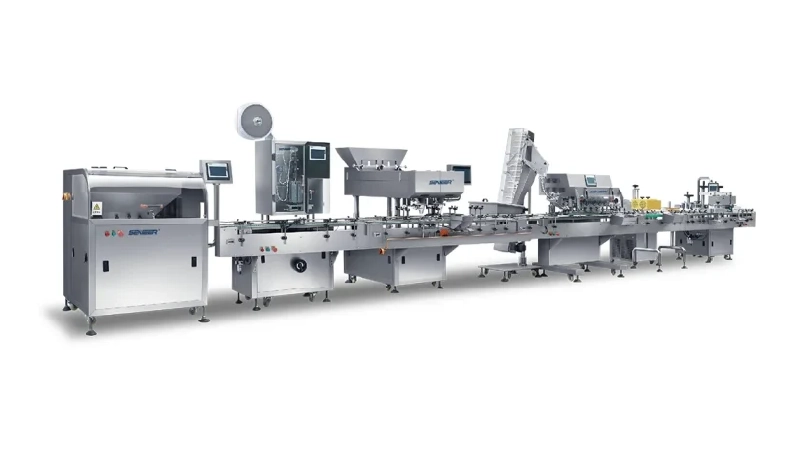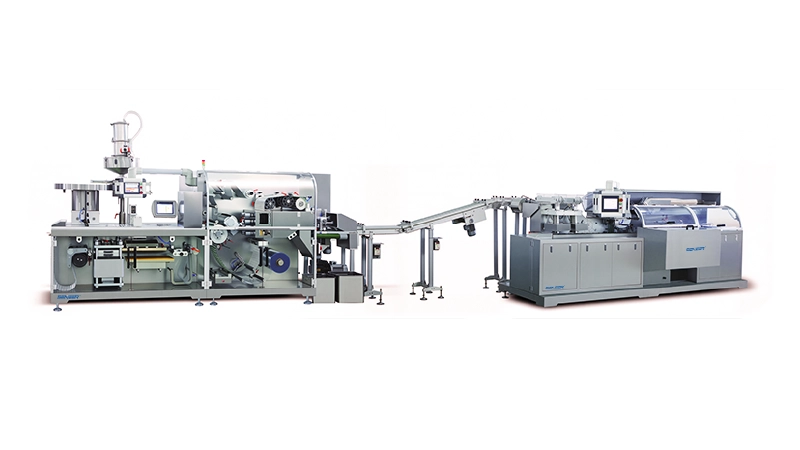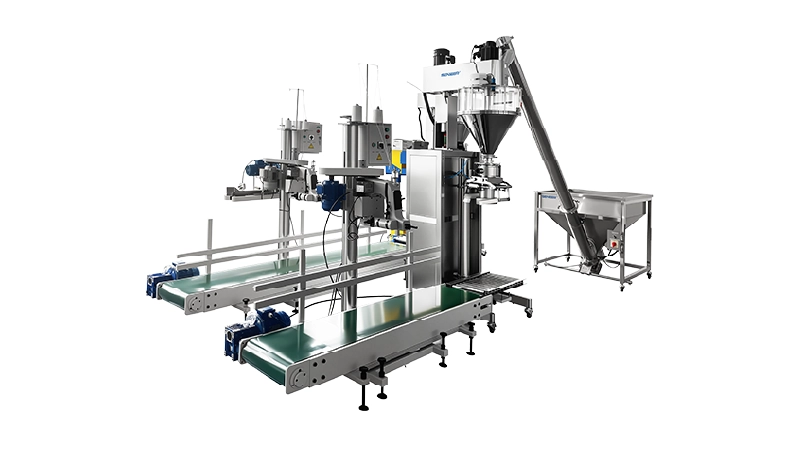Step By Step Procedure
Solid dosage forms, such as hard gelatin capsules, are used to encase one or more medicinal substances in a tiny casing. The most common capsules on the market are made of hard gelatin and come in various sizes. Depending on the need, a two-piece hard gelatin capsule can be any size.
The following are some advantages of taking hard gelatin capsules:
Hard gelatin capsule advantages
- Simple to fill
- Cost-effective
- Easy to digest Little maintenance
- Increased shelf life
We’ll look at the hard gelatin capsule production process in detail in this piece, but first things first! Let’s start by examining the basic materials used in the production process.
Ingredients For Making Hard Gelatin Capsules
One of the principal elements, the hard gelatin capsule shell is primarily made of gelatin. Furthermore, colorants, plasticizers, preservatives, and opacifying chemicals are employed to aid in capsule production and for performance enhancement goals. Water makes somewhere between 12 and 16 percent of hard gelatin capsules. The amount of water varies depending on how it is stored. The process of “dip-coating” is used to create hard gelatin capsules. Let’s examine the several processes used to make firm gelatin capsules.
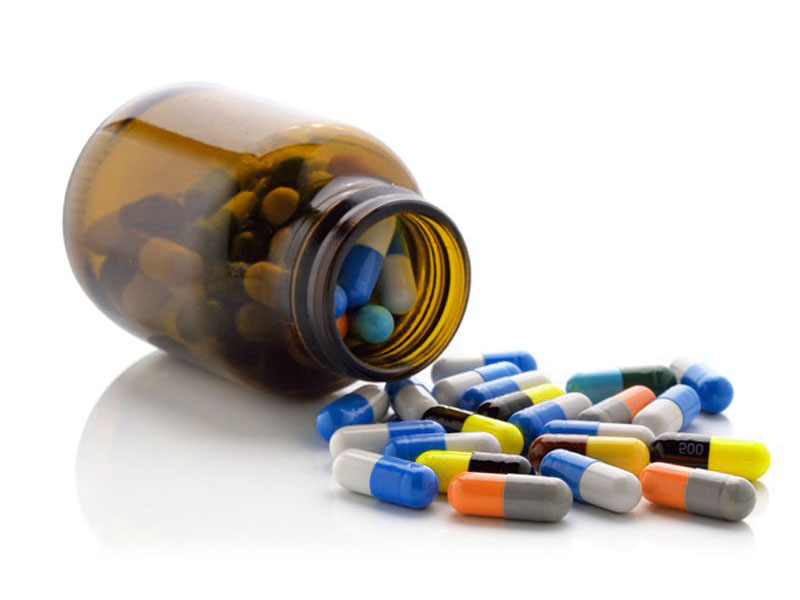
Step 1: Formulation Of The Gelatin Solution
To make a concentrated solution, gelatin is dissolved in demineralized water that has been heated to around 60 to 70 degrees Celsius.
solution made of gelatin. About 30 to 40 percent weight for weight of gelatin makes up this extremely viscous fluid. In addition, vacuum is used in the solution to eliminate air bubbles that could cause issues with filling and storage. To create the capsule’s final appearance, additional colorants and pigments are used. The viscosity of the gelatin solution is among the crucial considerations. It is very important since it directly affects the manufacturing process that takes place downstream.
Step 2: Apply A second Coat Of The Gelatin Solution To The Molds.
In a highly regulated environment, capsule shells are made. Go ahead and start the dipping operation after the desired viscosity level has been reached. At this point, the gelatin solution needs to be transferred to the machine that makes capsules. Gravity or a pumping system can be used to do this with ease. A thorough immersion of the pins on the plate in the solution is required.
Step 3: The Drying Process
For reasons of setting and drying, coated pins are designed to go through the furnace. For the process to successfully remove the moisture from the capsule, it is crucial to regulate the temperature and humidity.
Step 4: Stripping And Trimming
Now the pin plate moves into the machine’s table area. The two diameters of the capsules are equivalent or almost equal. They are later taken from the pins. Shell trimming happens following the completion of stripping. For you, the device automatically connects the two halves. Now, these blocks are transferred to the conveyor belt, then to the container.
Step 5: Printing
A capsule’s identification, dosing directions, and other critical information are all printed on during the printing stage.
Step 6: Testing
After the printing portion, testing begins. To ensure that the capsules are of the desired quality and have a long shelf life, they must go through a series of meticulous quality inspections.
Step 7: Packing
Packaging is the final step in the manufacture of capsules. The way capsules are packaged currently is standard. At this point, the capsule is packaged using the traditional approach because it is simpler to handle.
- Hard gelatin capsule shells may be filled on a big scale, which is used to fill lots of capsules (5000-150,000 per hour).
- They largely run automatically or partially automatically.
- All of the processing—milling, sieving, blending, and filling—is done in one unit.
Why Should You Choose Senieer?
Senieer, a global manufacturer and provider of pharmaceutical equipment, including tablet coating machines, offers a ONE-STOP SOLUTION. Senieer is the leading global partner for pharmaceutical, food, chemical, and cosmetics firms. For almost 34 years, Senieer has primarily focused on solid dosage forms in China. Dependable integrated process solutions. We produce equipment in compliance with international standards such as GMP, cGMP, and the US FDA.
Members of the Senieer technical team enhance one-stop solution services for large-scale projects, from consulting through design. We fully fulfill your approach and requirements for resolving all of your concerns.






